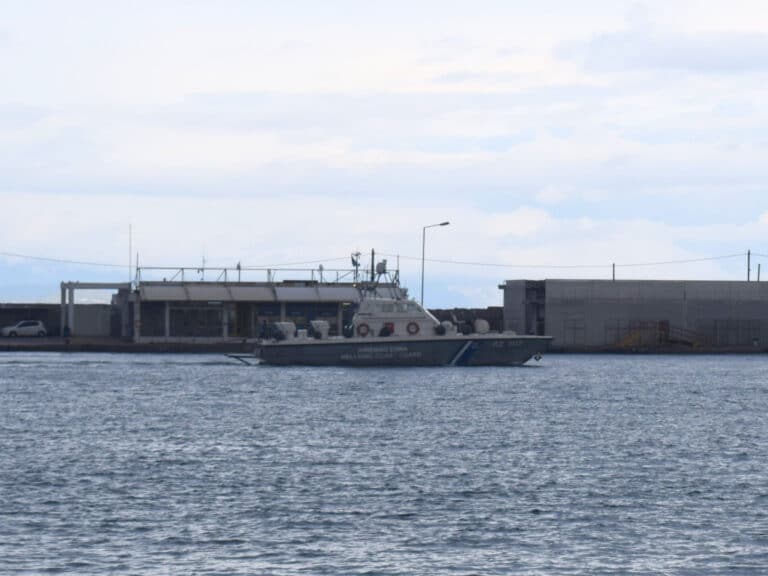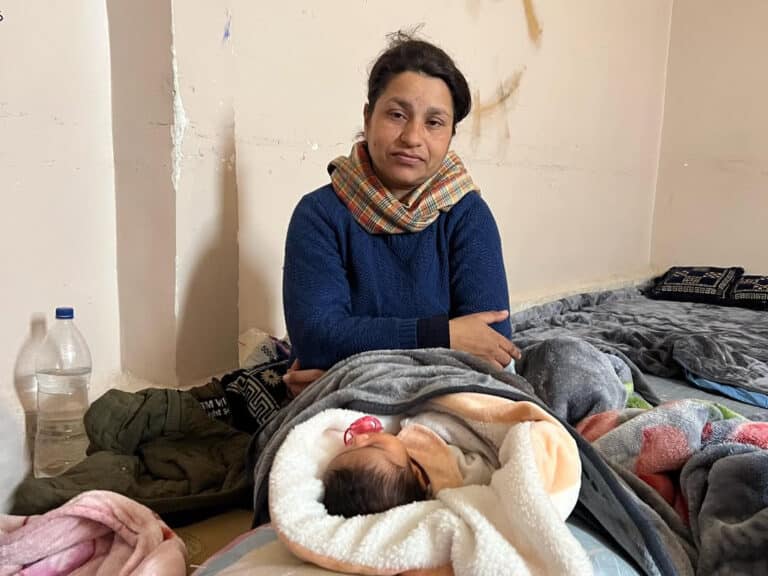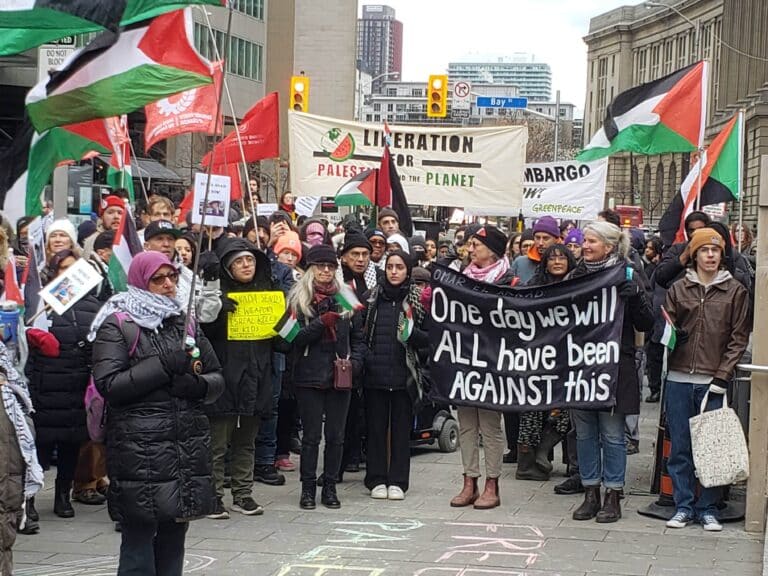Virtually all of the people who arrive at the CAME migrant shelter in Agua Prieta, Sonora, Mexico are from Mexico, and they are usually escaping violence and economic oppression in the southern states of Guerrero and Chiapas. They come to the US/Mexican border to request asylum in a country that mostly views them as ethnically, socially, linguistically, and economically inferior. Yet they continue to arrive at the border because of their strong sense of self and family preservation. Many of these migrants see no other way to live a safe life, or indeed, to live at all.
However, they are not all the same, nor do they have all the same struggles. Some of the Mexican migrants are also Indigenous peoples, and they stand at the intersectionality of being a migrant and being Indigenous. They suffer all the oppressions of every other migrant, but they also suffer racism because of their usually darker skin colour and isolation because of their inability to speak Spanish.
Last week, CPT members accompanied an Indigenous family staying at CAME to the US Port of Entry to request asylum. The family of young parents and an eighteen-month-old child tied to her mother’s back with a rebozo walked nervously but bravely to the gate. Because they had previously attempted to enter the US further to the west in Arizona, Customs and Border Protection (CBP) agents denied them entry from Agua Prieta and told them to use the CBP One online app to make an appointment for entry from Nogales. Obviously, they were disappointed that they were turned away; but as Indigenous people, they had additional problems to overcome. The CBP One app is designed to be used on a smartphone for Spanish-speaking users. This particular family does have limited Spanish, but that is not always the case. Moreover, they did not even own a smartphone. The family returned to CAME, gained access to a smartphone, and made their application for an asylum appointment in Nogales. Countless Indigenous families are not so fortunate.
It’s overwhelming to know what to pray for in such a complex situation; here is an attempt at those prayers:
- Pray for all migrants as they travel, regardless of race, nationality, or ethnicity. Pray that they have courage and they know the hospitality of angels on their journey.
- Especially seek blessings for Indigenous peoples as they face additional oppression because of who they are.
- Work for a time when all migrants can get the help they need.
- Give thanks for the people at CAME who give support to all the migrants who enter their doors.




